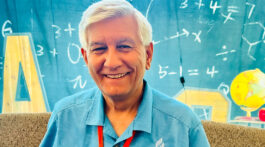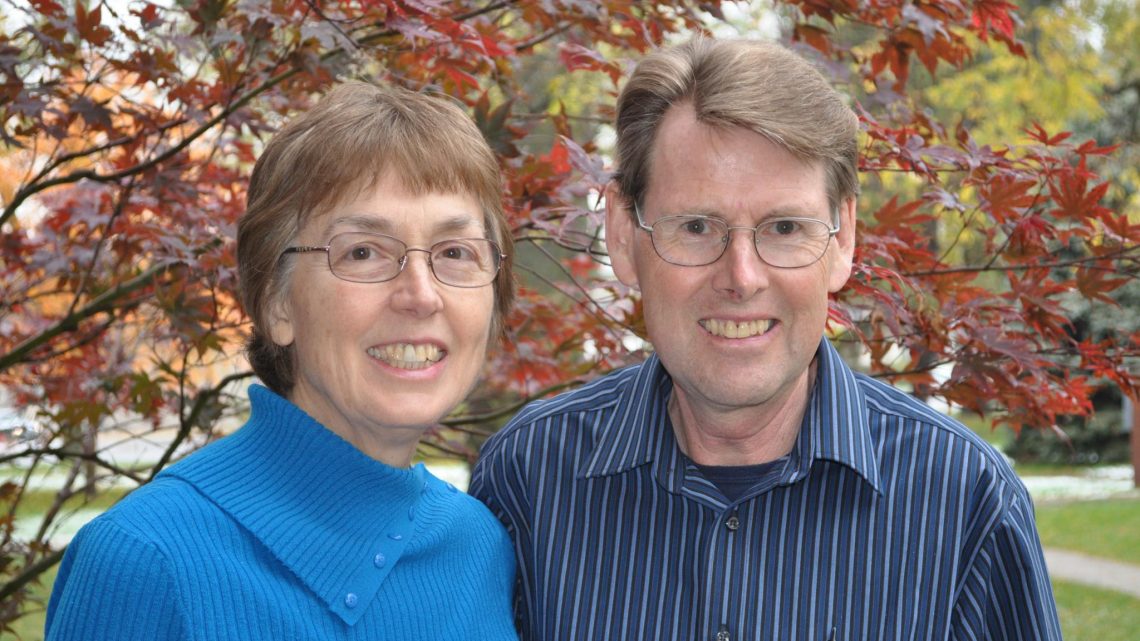At the beginning of the Sabbath we sit on a mat on the floor around a simple supper with a missionary family and one young lady from the local university. Usually there are more in attendance at this Friday evening fellowship, but it is holiday season and many people are away. Yet this one precious young Buddhist lady has come for a chance to practice her English, enjoy fellowship, and hear a story from the Bible.
On Sabbath morning there are three elderly ladies quietly sitting and waiting for the church services to start. When our friend Alicia joins them, how enthusiastically they respond. I can only catch the occasional word in Thai, but Alicia has worked diligently to learn Thai and now can speak with relative freedom. She is obviously inquiring as to their well being, and offering them encouragement in their developing walk with Jesus.
Several of us who are present for church today are just starting to learn Thai. Thus Ricardo speaks in English and one of the local university students translates for the congregation. This young medical student has only recently begun his walk as a Christian, but he is already being trained for leadership. Translating gives him the opportunity to practice his English comprehension (a highly desired skill) while struggling to interpret the biblical concepts in a manner meaningful to non-Christians. This is what Christ did with His disciples. He taught them and then gave them the privilege of teaching.
It is very difficult for Thai people to come to love and serve the God of the Bible. He is the antithesis of almost everything they have been taught as Buddhists. They believe that all desires are evil. Therefore, a God who loves is not a very good God because love is viewed as a desire. If God is the creator of this earth, He couldn’t be a very good God because He must have created all this evil. Thus learning to love the God of the Bible and to walk with Him continually is a long process that incorporates someone modeling what God is really like. Hearts can be touched and focus changed in an instant, but learning to live as a follower of Jesus Christ is the work of a lifetime.
God calls each of us to not only be His disciples but to become daily more like Him. This means giving up much of who we have been in the past and becoming who God wants us to be.
He also calls us to make disciples of all people. To live incarnationally is the goal of a disciple maker. In Southeast Asia, that often means sitting on the floor sharing a meal. It means frequent trips to the market in order to meet people and establish relationships. It means seeking creative ways to meet the felt needs of people so that we can increase our opportunities for connecting with them. All disciples have the privilege of using their unique gifts along with the learning they have acquired to find the key for reaching the heart of another individual.
Above all, this means accepting others with unconditional love and walking alongside them as they begin their journey with Christ. In many cultures this requires a tremendous investment of time in each individual so that you become part of their inner circle. It means having persevering patience as they struggle to understand how to follow Christ and yet not abandon their culture and family. This is a challenge all disciple makers must meet.
[hr]
Former Mid-America residents Janella and Don Abbey serve as Asia Field Directors for Adventist Frontier Missions. Learn more at www.afmonline.org.










